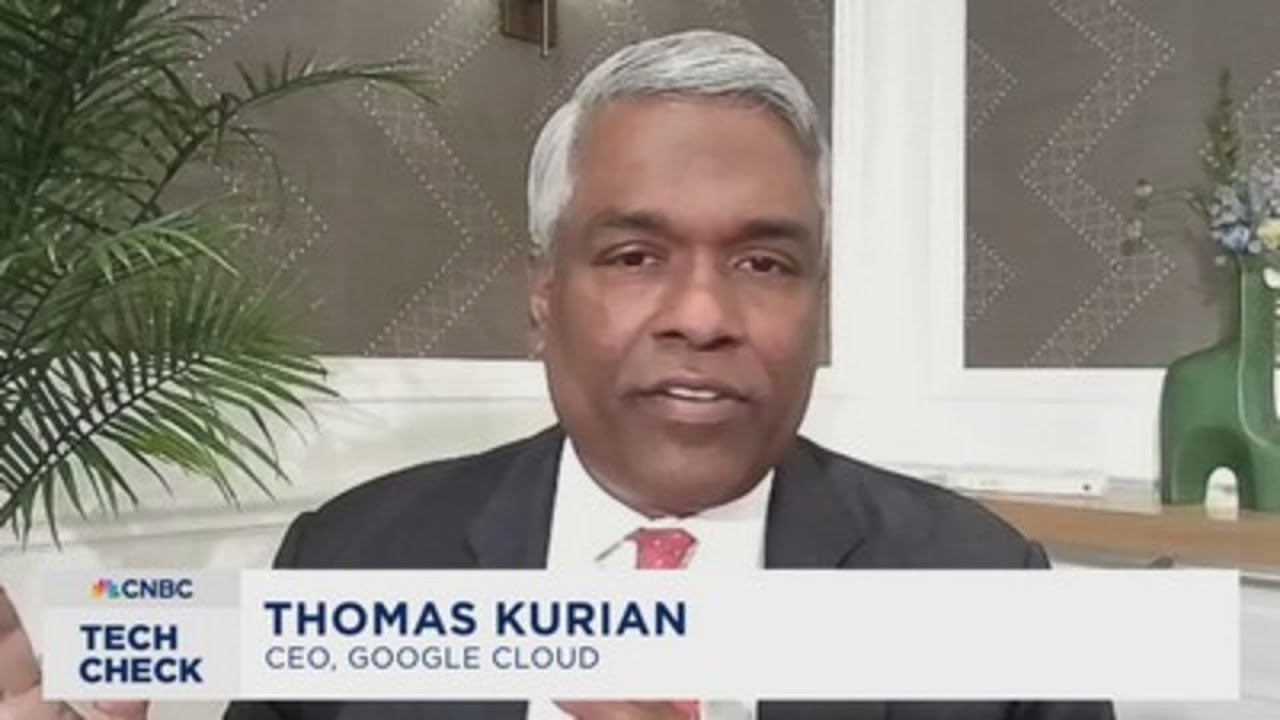In a discussion following Google Cloud Next, Thomas Kurian highlighted Google’s leadership in AI, showcasing over 3,000 new capabilities and the success of their Gemini Pro25 model, which is driving revenue growth across various industries. He also addressed the company’s strategies to navigate tariff challenges, the advantages of their custom TPUs, and the potential acquisition of Whiz to enhance cybersecurity, while noting the evolving role of AI in software development.
In a recent discussion following Google Cloud Next, Thomas Kurian highlighted the evolution of Google’s AI strategy, emphasizing the company’s leadership in the AI space. He noted that Google has introduced over 3,000 new capabilities in the past year, showcasing their advancements in AI infrastructure, models, and tools. With a strong customer base reporting success across various industries, Kurian asserted that Google is not just catching up but is at the forefront of AI innovation, particularly with their Gemini Pro25 model, which is recognized as the leading AI model globally.
Kurian discussed the growing adoption of Google’s AI technologies, pointing out that many companies are initiating projects with Google to enhance their operations. He emphasized that generative AI is driving topline growth rather than merely focusing on cost-cutting measures. Industries such as retail, media, and advertising are leveraging Google’s AI tools to improve customer experiences, optimize product development, and create engaging content, indicating a shift towards using AI for revenue generation.
Addressing concerns about supply chain issues and tariffs, Kurian acknowledged the fluid situation regarding tariffs but refrained from making specific comments. He mentioned that Google has optimized its models to reduce costs and improve performance, which has led to significant growth in developer engagement with their platform. With over two million developers actively building on Google’s AI tools and a substantial increase in API calls, the company is well-positioned to meet the rising demand for AI solutions.
Kurian also touched on Google’s custom Tensor Processing Units (TPUs), which provide an advantage in managing the diverse needs of various AI models. By co-engineering their models and infrastructure, Google can maintain high quality, cost efficiency, and low latency, which customers appreciate. He expressed confidence in the company’s ability to navigate market volatility and supply chain challenges due to their experienced global team.
Lastly, Kurian addressed the potential acquisition of Whiz, emphasizing its complementary nature to Google’s offerings and its relevance in addressing cybersecurity concerns. He also discussed the impact of AI on coding within Google, noting that AI is increasingly assisting software engineers in various tasks, from debugging to improving code quality. While acknowledging the hype surrounding AI-driven coding, he remained cautious about predicting its long-term impact, indicating that the effectiveness of AI models will ultimately determine their future role in software development.
